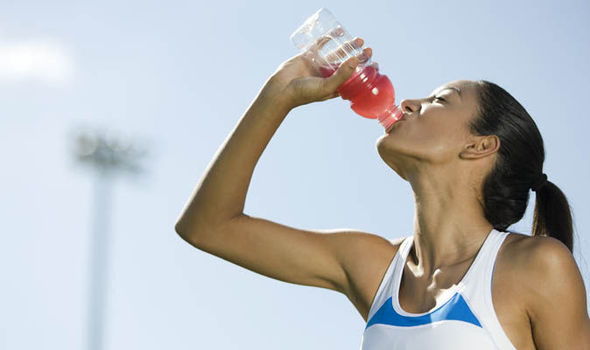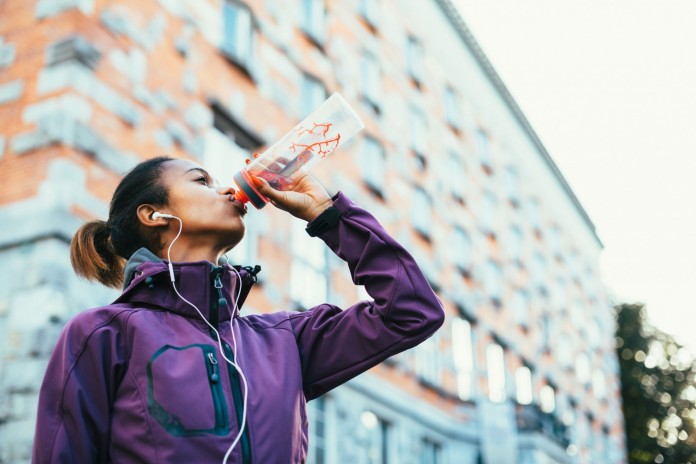If you were to list examples of sports drinks and energy drinks, you would probably be able to do that. But do you know the difference between these two types of drinks and what they do to our body? Many energy drinks promise to give you that extra boost of energy while some are marketed towards the sports community (think Redbull and Monster). That may have blurred the lines between energy and sports drinks since energy is an important factor for performance. Let’s find out what these two drinks are and the important differences between them.
Sports Drinks
Sports drinks are the most appropriate hydration fluid during strenuous activity. Sports drinks contain moderate amounts of mixed carbohydrate to maximize energy supply to working muscles. This helps to minimise the risk of causing GI distress, which can happen all too easily when the stomach is overloaded during exercise. They contain no stimulants, only carbohydrate, electrolyte minerals and salts to replace those lost in sweat.
As the body and muscles work, they heat up. Releasing moisture (sweat) is one way the body tries to cool itself. That creates the possibility of dehydration, which in turn negatively affects performance.

Energy Drinks
Energy drinks contain primarily caffeine and sugar, which provide perceptions of wakefulness and energy for whenever they are needed. The large influx of glucose into the blood stream and caffeine to the brain will make you feel like you can really push through in your exercise. Even maximal oxygen consumption and time to exhaustion during physical activity have shown to be significantly greater after consumption of energy drinks.
However, when you combine caffeine and fluid loss from sweating, it may result in dehydration during exercise. The typical energy drink also contains significantly more carbohydrate and calories than the typical sports drink. They are much more likely than sports drinks to cause stomach upsets during exercise. Many energy drinks are also carbonated, further increasing the associated risk of GI distress.

Which one to drink and when?
While caffeine is well known to boost exercise performance, most sports drinks do not contain it. A sports drink with caffeine would work really well for you the first time you use it, but not as well the subsequent times. However, it is interesting to note that there is a placebo effect for taking caffeine before a big workout, which gives people the perception of feeling readier to work out, even if it doesn’t make you go faster or last longer.
The ideal sports drink should be non-caffeinated and contain some carbohydrates, sodium, and potassium. Caffeine in energy drinks can give you that extra boost before you start your exercise. But sports drinks can help to replace carbohydrates and electrolytes and is better at minimizing the possibility of dehydration than water alone.
Take your sports drinks during exercise. And if you must, take your energy drinks 1-2 hours prior to physical activities but never during the activity. Remember: staying hydrated is critical.



